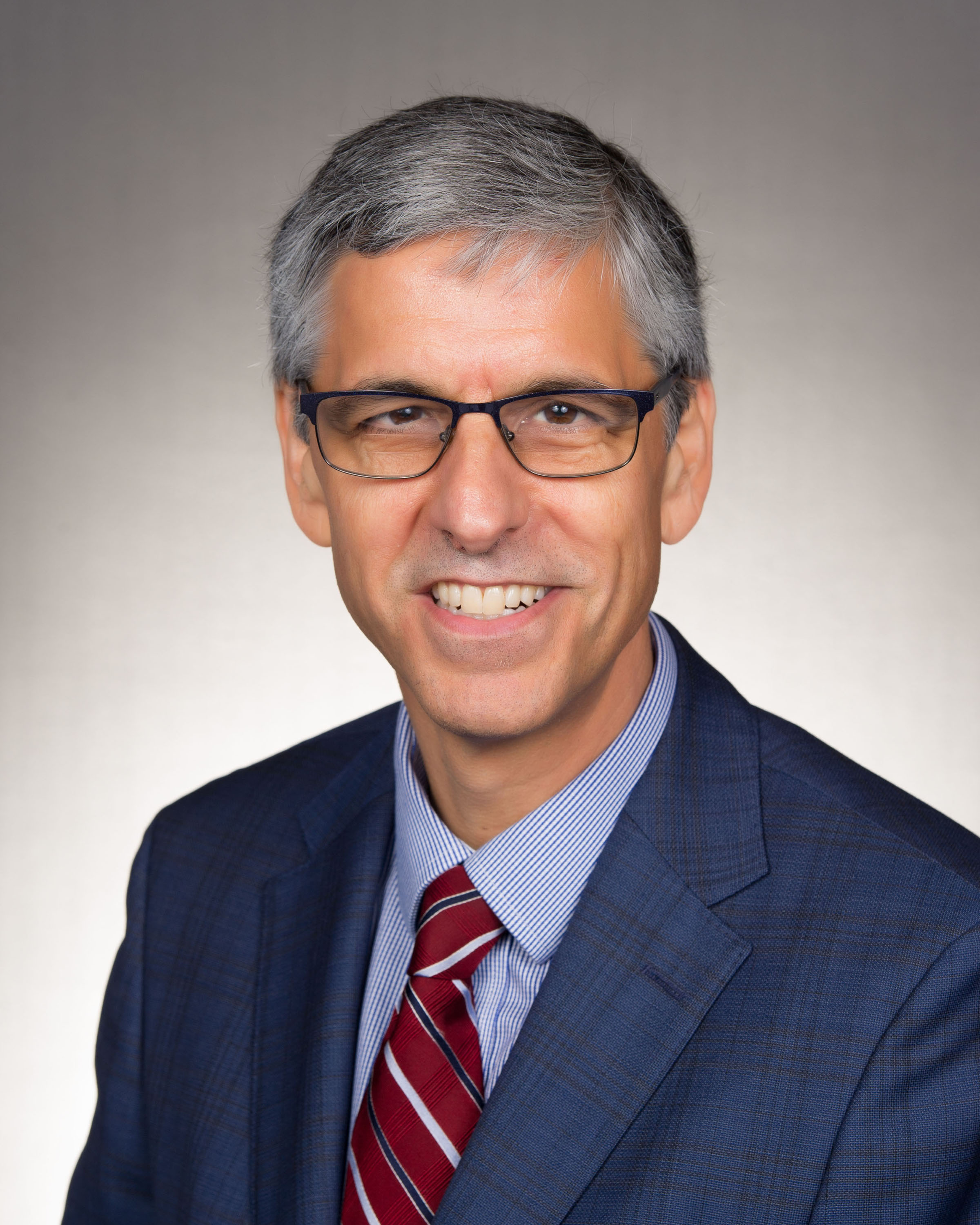Admissions Policies
Do Multiple Mini-Interview and Traditional Interview Scores Differ in Their Associations With Acceptance Offers Within and Across Five California Medical Schools?
Goals: We aim to examine how underrepresented in medicine and socioeconomically disadvantaged applicants perform in traditional interviews versus multiple mini interviews (as compared to their counterparts).
Description: Multiple mini interviews are replacing traditional interviews in the admissions process at medical schools. There is limited information about how multiple mini interviews versus traditional interviews may affect disadvantaged and underrepresented in medicine applicants to medical school. Using a multi-institutional database that includes applicants undergoing both traditional interviews and multiple mini interviews, we will examine how these two kinds of interviews affect interview scores.
Project Team: Peter Franks, M.D., M.S.Ed.; Mark Henderson, M.D.; Erin Griffin, Ph.D.
Further Reading
- Complete manuscript in Academic Medicine
- Press Release in UC Davis Health's Newsroom
Follow our Twitter Campaign
 "If you include people with diverse opinions and diverse backgrounds and diverse perspectives, you are a stronger organization. You deliver healthcare the way it's supposed to be delivered."
"If you include people with diverse opinions and diverse backgrounds and diverse perspectives, you are a stronger organization. You deliver healthcare the way it's supposed to be delivered." Meet the Researcher
Dr. Mark Henderson is Associate Dean of Admissions and Outreach at UC Davis. He implemented a holistic review process and Multiple Mini Interview, developed a web-based admissions system in 2008, and launched the use of Multiple Mini Interview in 2010 to assess applicant communication and teamwork skills. He has over 25 years of experience in medical education and Health Resources and Services Administration supported innovations, and is a highly regarded clinician-educator and leader in general internal medicine education.
Multiple Mini Interview with Mark Henderson
Diversity and Inclusion in Medical School Admissions: Where are we now?
Goals: We aim to describe current and planned responses to new diversity and inclusion accreditation standards related to admissions. We will also identify organizational cultural barriers to advancing diversity and inclusion in medical school admissions, and successful strategies for enacting cultural change.
Description: Despite a growing evidence base and multiple generations of initiatives, the medical profession has failed to achieve meaningful progress in diversity and inclusion. We propose that resistance reflects underlying organizational cultural barriers to change. Several racial and ethnic minority groups remain significantly under-represented medicine, leading to disparities in access and quality of care, as well as bias and discrimination against minority physicians. We propose to conduct key informant interviews of deans of admissions, students and education, and admissions committee members of schools of medicine, to examine schools’ current efforts to advance diversity and inclusion. Our aims are to identify organizational cultural barriers to change and successful strategies to overcome those barriers.
Project Team: Michelle J. Ko, M.D., Ph.D.
The impact of post-baccalaureate academic enhancement pathways on medical school admissions, academic performance, and residency choice.
Goals: We aim to examine the association of structured and unstructured post-baccalaureate program participation with admission to medical school, academic performance during medical school, and residency choice.
Description: Post-baccalaureate premedical programs provide students from underrepresented in Medicine or socioeconomically disadvantaged backgrounds with additional opportunities to gain acceptance to medical school. Post-baccalaureate participation improves the chances for successful matriculation to and graduation from medical school. A national survey demonstrated that structured post-baccalaureate program graduates were more likely to provide care in federally designated underserved areas and to serve vulnerable populations.
Project Team: Anthony F. Jerant, M.D., Efrain Talamantes, M.D., M.B.A., M.Sc.; Erin Griffin, Ph.D.


